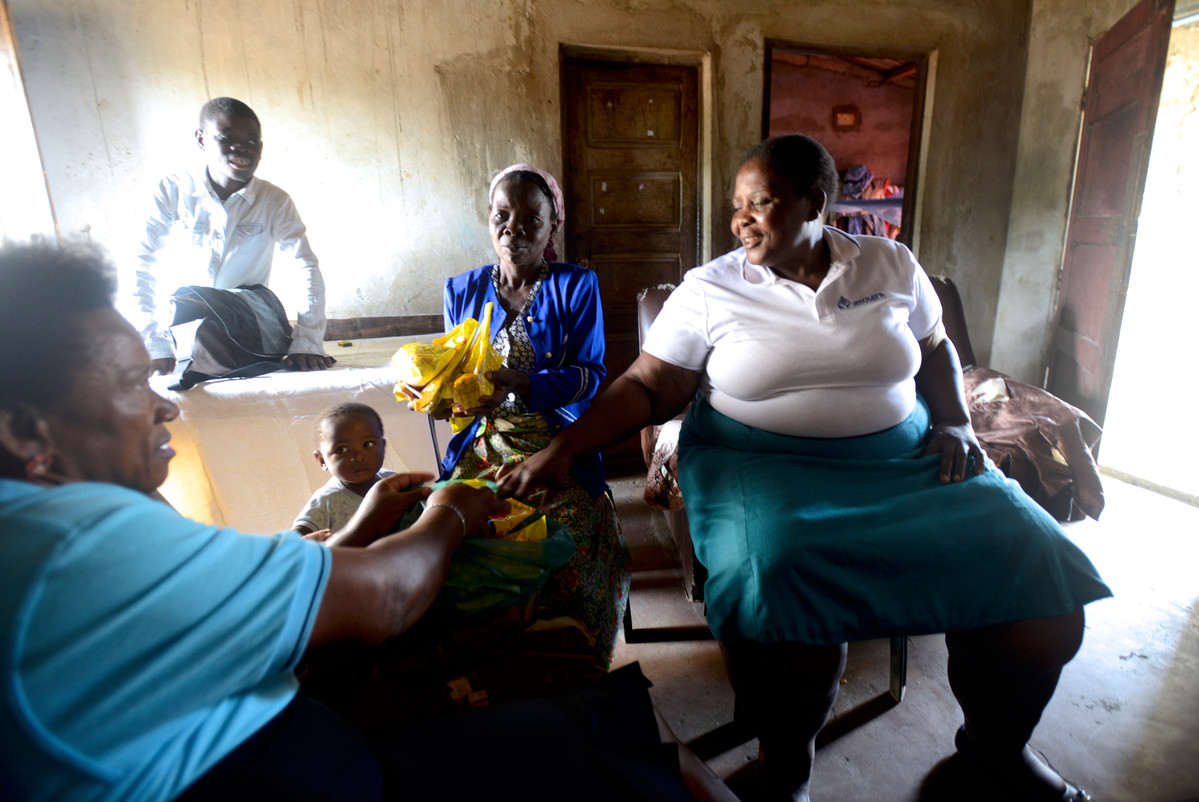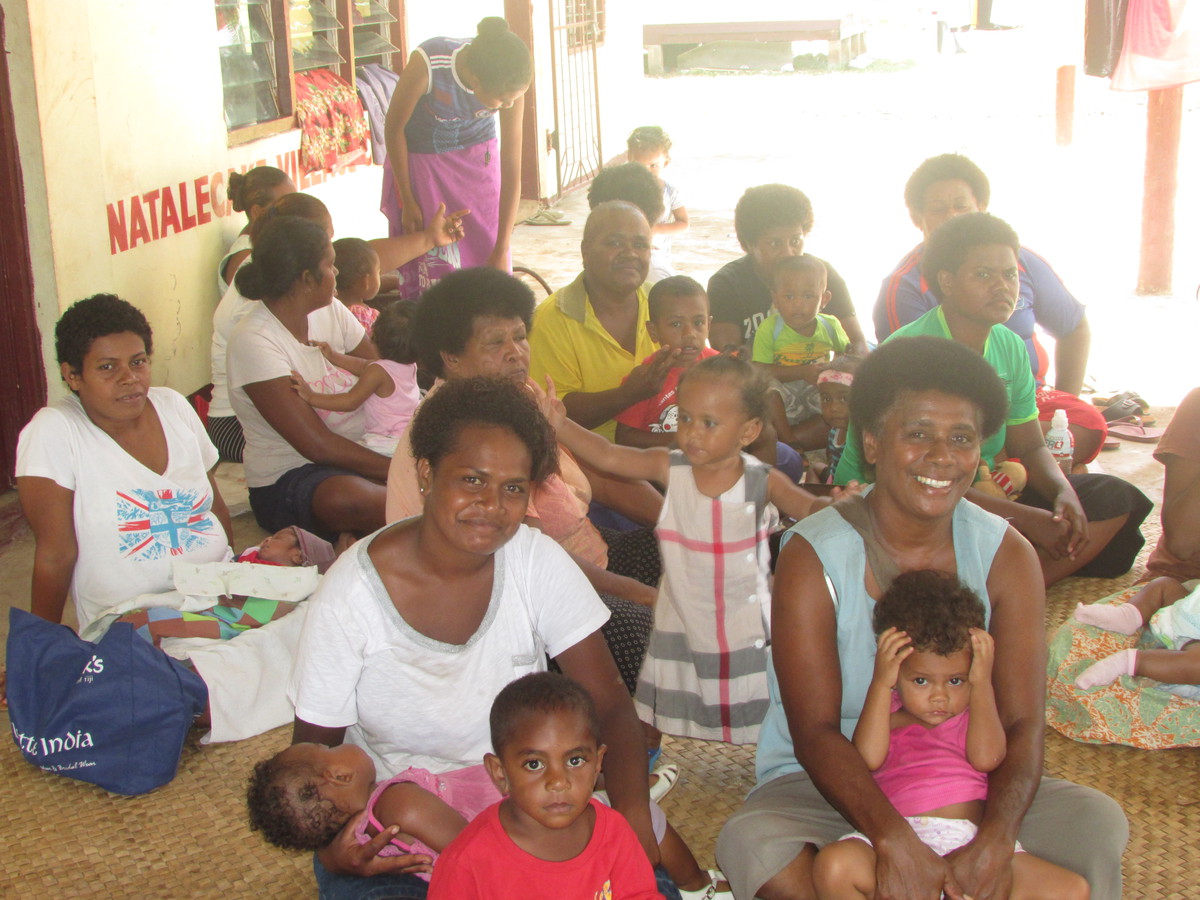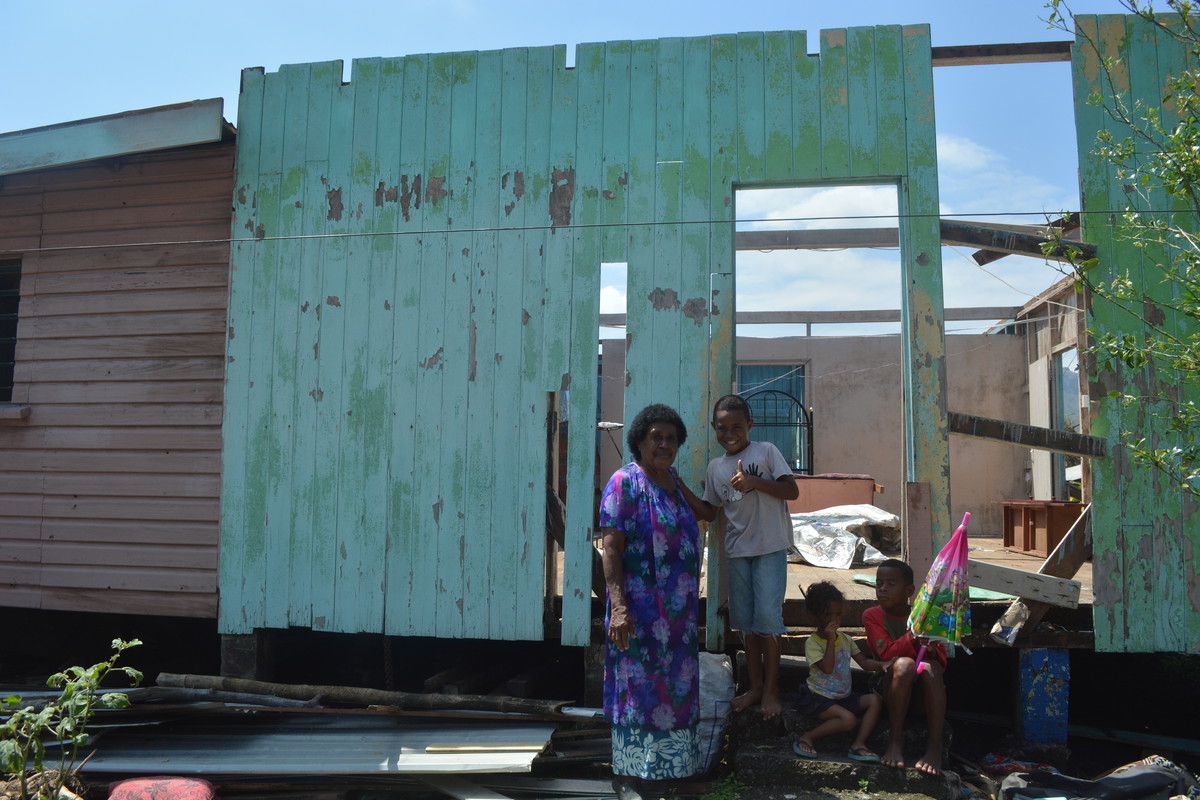
Spotlight
A selection of news from across the Federation

IPPF Statement on the 68th session of the Commission on the Status of Women (CSW)
IPPF welcomes the agreed conclusions of the 68th session of the Commission on the Status of Women (CSW), on the theme of “Accelerating the achievement of gender equality and the empowerment of all women and girls by addressing poverty and strengthening institutions and financing with a gender perspective”. IPPF actively engaged in the process by providing technical inputs to Member States, raising awareness about the interlinkages between SRHR, poverty, gender equality and the empowerment and human rights of all women and girls.
Filter our news by:


| 17 August 2023
Japanese MP visits IPPF Member Association in Mozambique
On 16 August 2023, Japanese House of Representatives member Dr Toshiko Abe visited head office and the Adolescent and Youth Friendly Services Centre of IPPF’s Member Association in Mozambique, the Associação Moçambicana para Desenvolvimento da Família (AMODEFA). Dr Abe visited one of AMODEFA’s eight youth centres in a particularly marginalised and high poverty density area, where youth friendly health services is difficult to reach for the local youth who need them most. Their youth centre functions as the hub of youth target activities such as provision of a range of services from HIV testing and treatment to SRHR counselling and other information and services around sexual health and rights. In 2022 23.57 % of AMODEFA’s family planning services were provided to clients under 20 years. AMODEFA was established in 1989 and has been IPPF’s Full Member Association since 2010. It is an independent, non-profit, and non-governmental association working in 10 provinces in Mozambique. As the leading service provider in Mozambique, AMODEFA provides comprehensive and diverse sexual and reproductive health, including that related to SGBV. Their focus is on vulnerable people such as women, girls, people with disabilities.

| 07 December 2017
Al Jazeera highlights Global Gag Rule impact for IPPF Member Association in Mozambique
In the latest People and Power documentary, the team travel round Mozambique with AMODEFA, to look first-hand at the human impact the Gag rule has had in the country. The Global Gag Rule denies U.S. funding to organisations like IPPF if they use money from other donors to provide abortion services, counselling or referrals—even if abortion is legal in a country. It blocks critical funding for health services like contraception, maternal health, and HIV prevention and treatment for any organisation that refuses to sign it. The documentary talks to AMODEFA clients and staff who have been involved and helped by the US funded health programmes covering young people, HIV and Tuberculosis. AMODEFA faces significant losses to their programming budget of $2 million. Work that has built trust and provided support and treatment for many people who would have been left behind. The documentary spans several provinces, with the team visiting specialised outreach services that go out to the most rural populations. ‘We will have generations that are sick without knowing what they have. They will run the risk of transmitting HIV to other people because they do not know their HIV status,’ says project leader, Dr Marcel Kant. ‘We are condemning our society to live with this illness and there will be a large number of deaths.’ IPPF is working with AMODEFA to find alternative sources of funding. Executive Director Santos Simione, is working tirelessly with his team to ensure AMODEFA’s works continues, “We must be resilient! This also means being resilient to ensure that the progress made in sexual and reproductive health and rights continues and the provision of services minimizes the suffering of our population, particularly adolescents and young people, women and children”. The team Read more about AMODEFA's tireless work in Mozambique

| 22 March 2016
Emergency update from Fiji
One month on from Cyclone Winston, IPPF has helped hundreds of families, including new mothers and pregnant women. Thousands of people are disaplaced and 43 have now been confirmed dead in the worst tropical super-storm to have ever hit the Pacific. IPPF’s humanitarian wing, the SPRINT Initiative, is solely funded by the Australian Government to provide life-saving sexual and reproductive health services following a humanitarian crisis. The Australian Government provided an additional AUD $100,000 to ensure SPRINT could respond to the worst affected populations. IPPF’s assistance includes distributing hygiene and dignity kits to pregnant women and new mothers, providing maternal and neonatal healthcare, providing family planning and prevention programs to reduce the spread of sexually transmitted infections, including HIV. There has been an urgent need to respond to the immediate sexual and reproductive health needs of communities, specifically vulnerable groups such as pregnant and lactating women and women & girls at risk of gender-based violence. In crisis settings rates of gender-based violence drastically increase, and SPRINT has provided survivors with emergency care and services. IPPF-SPRINT has reproductive health missions in the provinces of Nataleira, Natalecake, Vadravadra. The Ministry of Health, under the Fiji Government, has also committed their medical staff to IPPF's medical camps. A key partner to the humanitarian repsonse is IPPF's local member association, the Reproductive and Family Health Association of Fiji (RFHAF). The Australian Minister for Foreign Affairs, the Honourable Julie Bishop paid a visit to IPPF-SPRINT’s SRH mission in early March to observe the work of the Australian-funded response. The Minister also distributed hygiene kits to the affected population in Rakiraki hospital in western Fiji. Apart from providing key sexual reproductive services, IPPF-SPRINT is also providing basic medical assistance to those affected.

| 26 February 2016
“I have never experienced such a strong cyclone in my 77 years of life.”
“I have never experienced such a strong cyclone in my 77 years of life.” Jokaveti Bavou lives in the village of Drauniivi, in the Fijian province of Ra. It was right in the path of Cyclone Winston, the strongest storm to ever strike the Southern Hemisphere. A week on from the disaster, Jokaveti, her son Jim and her grandchildren are safe. But there is no longer a roof on her house, and precious little left inside. In a village of 910 people, 75 houses were completed destroyed and about 65 damaged. Jokaveti was in her house with her grandchildren when Cyclone Winston arrived. “On Saturday night the winds started to increase. I told Jim that I was not sure of the house; I didn’t believe that it would be able to keep us safe. I told him that if the house started to collapse, we would run to his house for safety.” “The wind was getting stronger and when I looked at the back door, it had blown open. I took a hammer and nail to it. But when I got back to the other room, the main door had blown open and the wind was really strong. Then the wind took the roof off my house.” “I told my granddaughter that everything was terrifying and we needed to go and hide somewhere. It was not safe to be in the house because of the flying debris.” “I got out and my son called out from his house and told us that we should go and hide underneath our house. He tried to come out of his house to save us, but the wind was so strong and roofing iron was flying around.” “I went underneath my house with my grandchildren holding a lamp and stayed there until the wind died. My son’s eyes never left us. Luckily for us a corrugated roofing iron flew and covered where we were hiding. I just cried and continued to thank God for keeping us safe.” “I could sense fear from all of us including my grandchildren. They were crying too. My son kept on calling to check on us until the wind died down.” Miraculously, no-one from Jokaveti’s family or the village was killed or seriously injured. IPPF is establishing centers in the Northern and Western parts of Fiji to provide medical services, especially those that deal with maternal and child health and sexual and reproductive health. It is working closely with the Reproductive and Family Health Association of Fiji (IPPF’s member in Fiji), UNFPA Pacific, Empower Pacific, Fiji’s Ministry of Health and Medical Services. Donate now!













